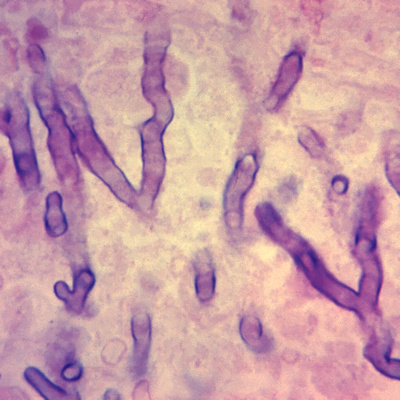October 19, 2022 -- Researchers from South Korea’s Chungbuk National University have shown that potentially therapeutic Cordyceps mushrooms can be grown on edible insects.
Growing Cordyceps in the lab has previously been challenging, but new research -- published October 19 in the journal Frontiers in Microbiology -- demonstrates successful cultivation of these fungi while retaining their potency.
Cordyceps contains cordycepin, a bioactive compound potentially useful for new antiviral and cancer drugs. In the wild, Cordyceps mushrooms spores infect insects, growing into fruiting bodies that sprout from the insects' bodies, and eventually killing them. But in the lab Cordyceps is usually cultivated on brown rice; these mushrooms contain low cordycepin levels.
The researchers used six edible insects -- crickets, silkworm pupae, mealworms, grasshoppers, white-spotted flower chafer larvae, and Japanese rhinoceros beetles -- as alternative Cordyceps growth substrates. Investigating which insects provided the best substrate, they found that Cordyceps grown on Japanese rhinoceros beetles produced cordycepin levels 34 times higher than the levels produced on silkworm pupae. In general, insect-grown Cordyceps contained 100 times more cordycepin than brown rice-grown mushrooms.
The key to better cordycepin production turned out to be high fat -- specifically oleic acid -- levels in the insects. Adding oleic acid to a poor insect food resulted in a 50% improvement in the Cordyceps' cordycepin levels. Hence, one strategy for improved cordycepin production might be to grow Cordyceps on high fat insects.
The findings offer hope for new medicines to treat cancer and other illnesses.
"Cordycepin is one of the cytotoxic nucleoside analogs with complementary therapeutic activities in anti-proliferation and anti-metastasis in cancer cells," senior author Mi Kyeong Lee, a professor at Chungbuk National University, said in a statement. "In addition, recent research findings strongly urge preclinical and clinical studies of cordycepin for the comprehensive treatment of COVID-19."
Copyright © 2022 scienceboard.net








